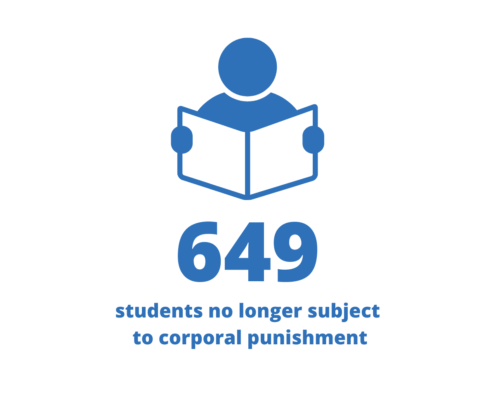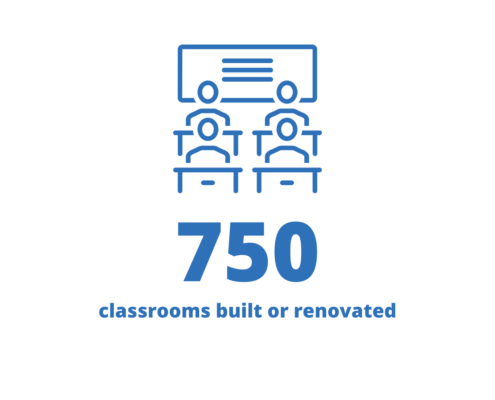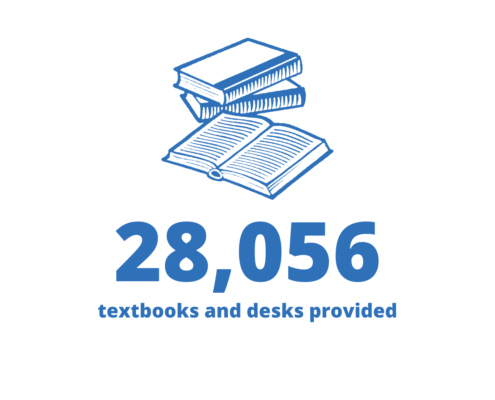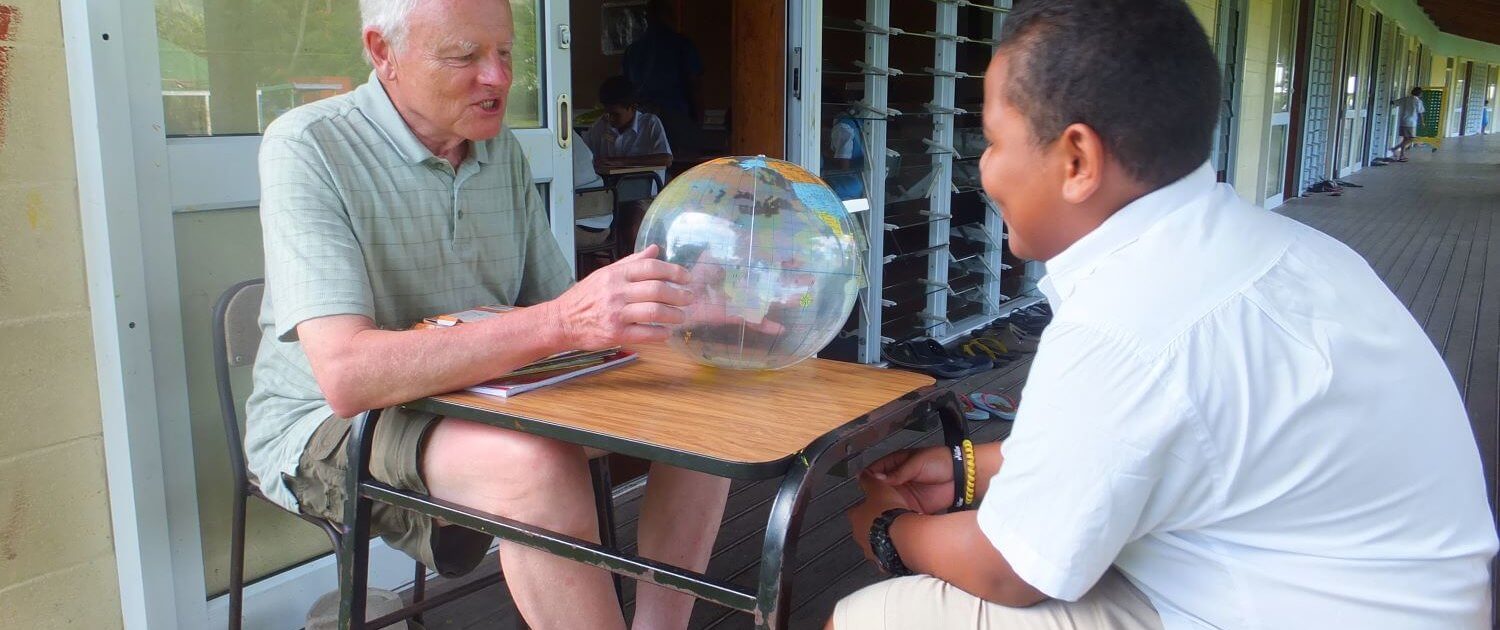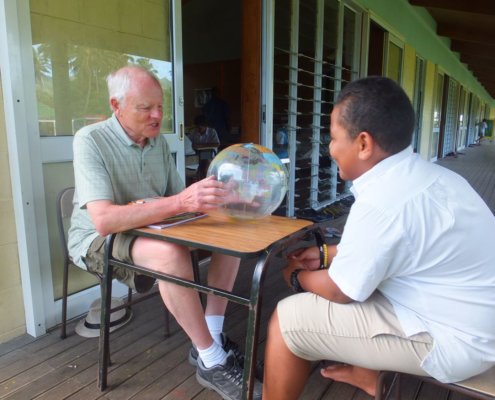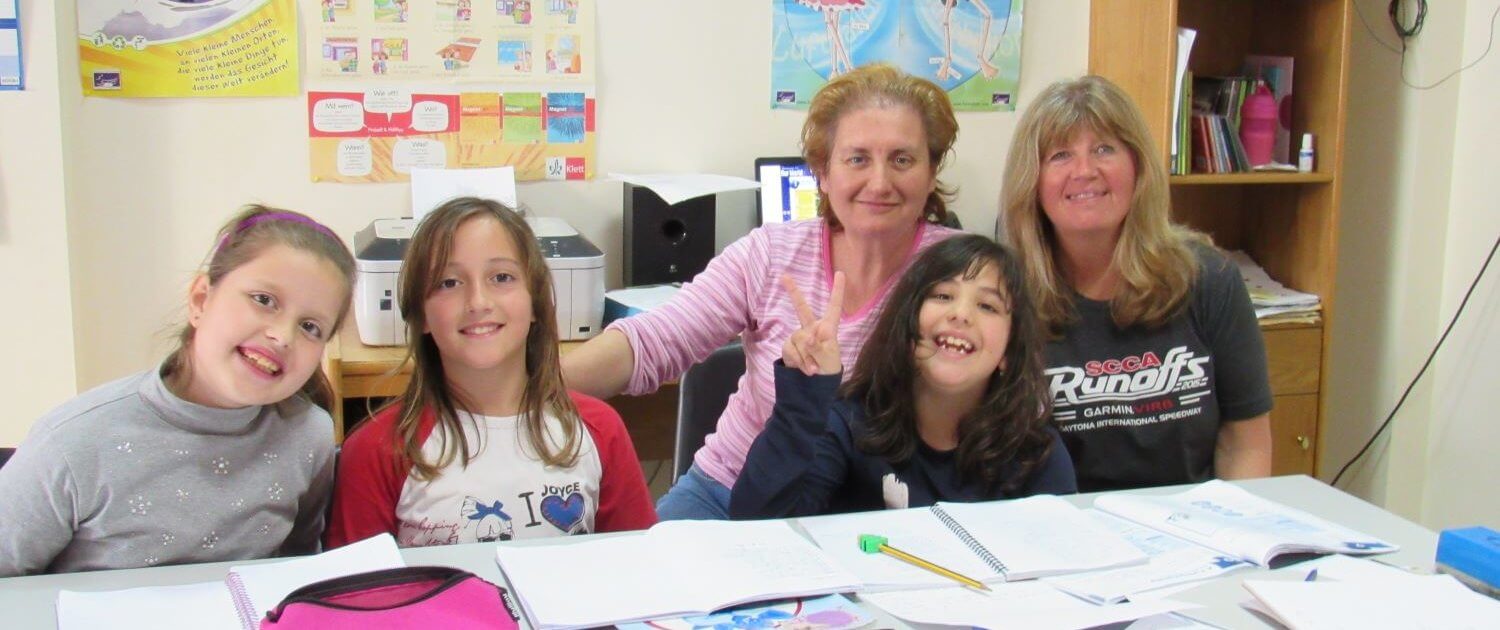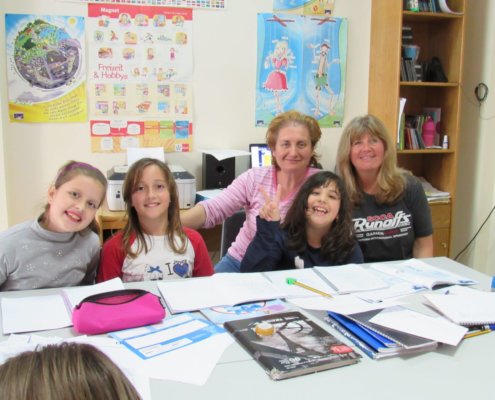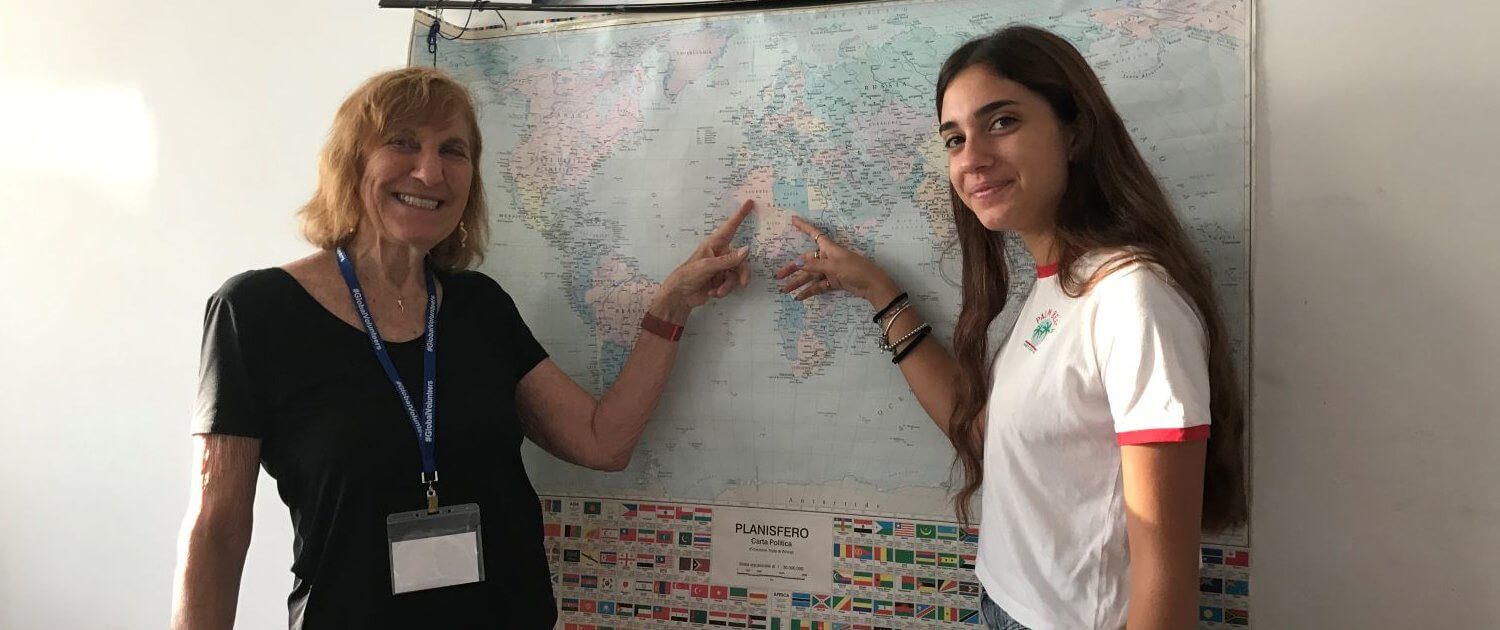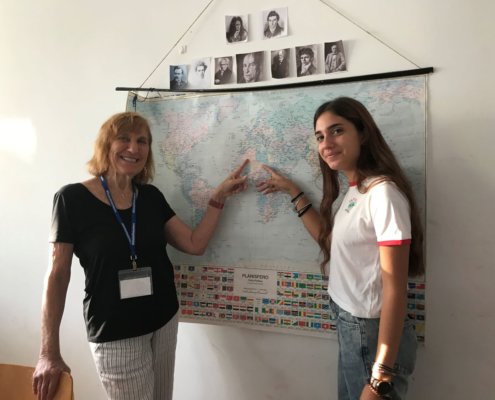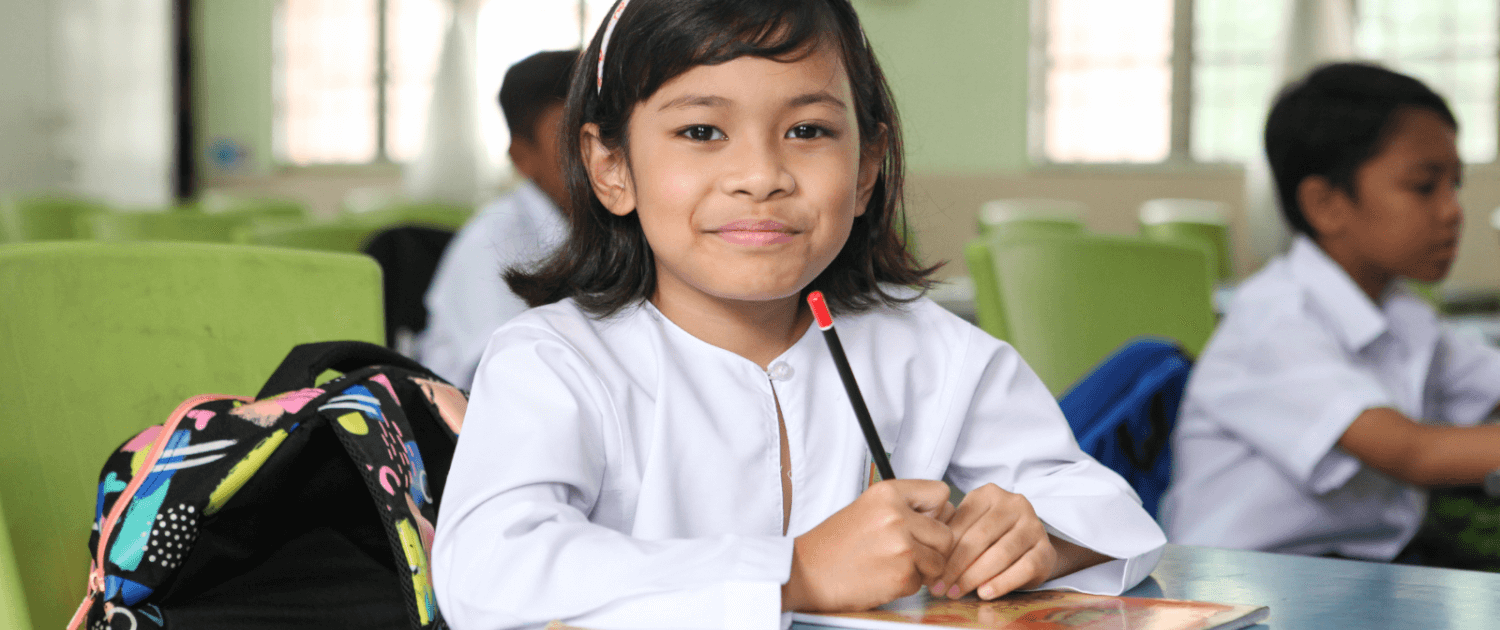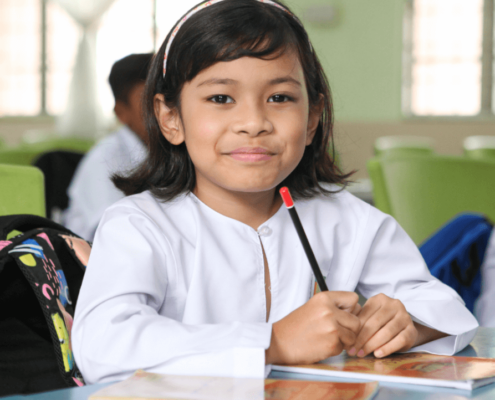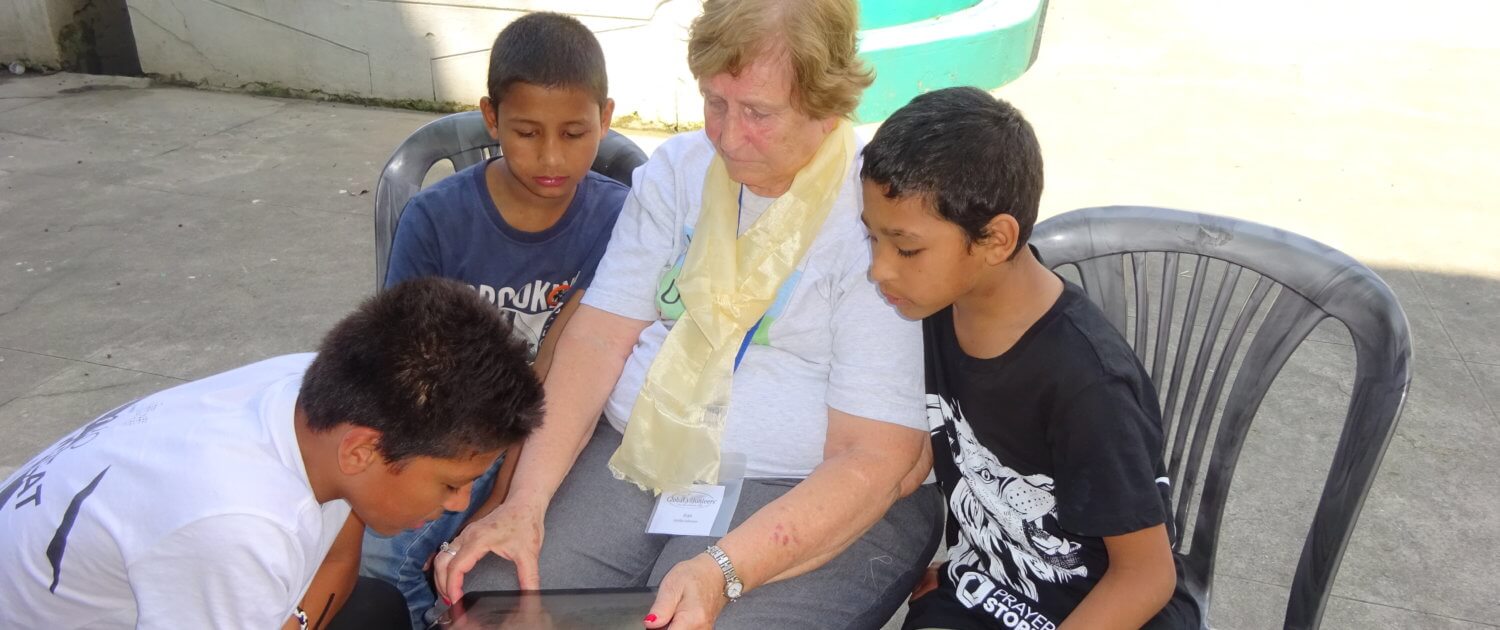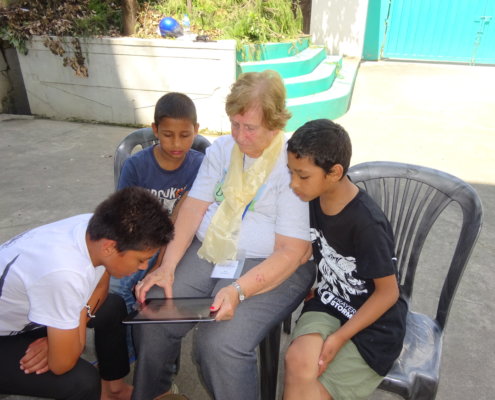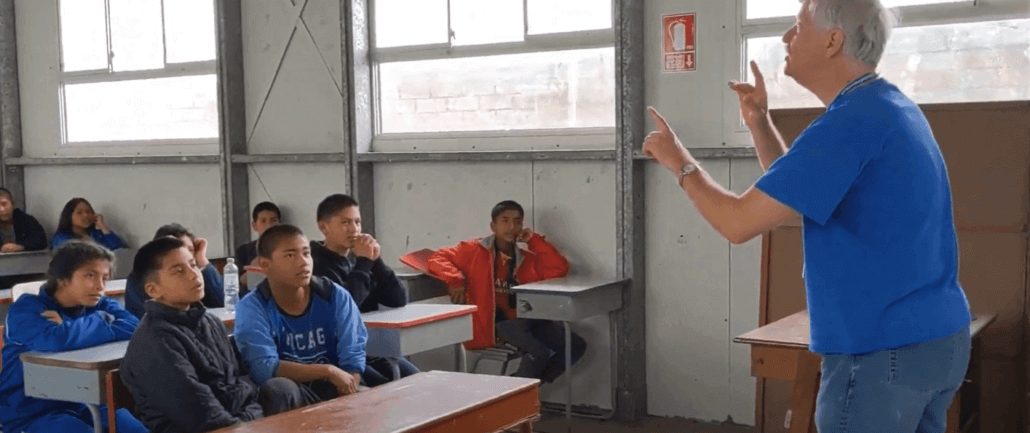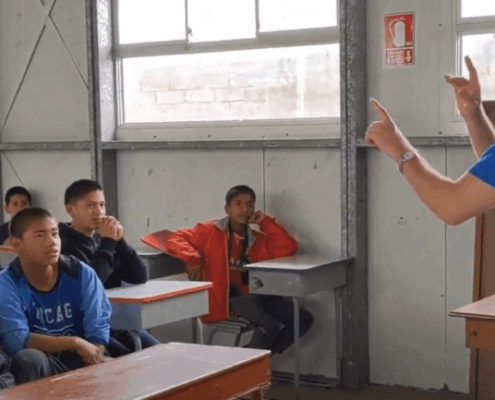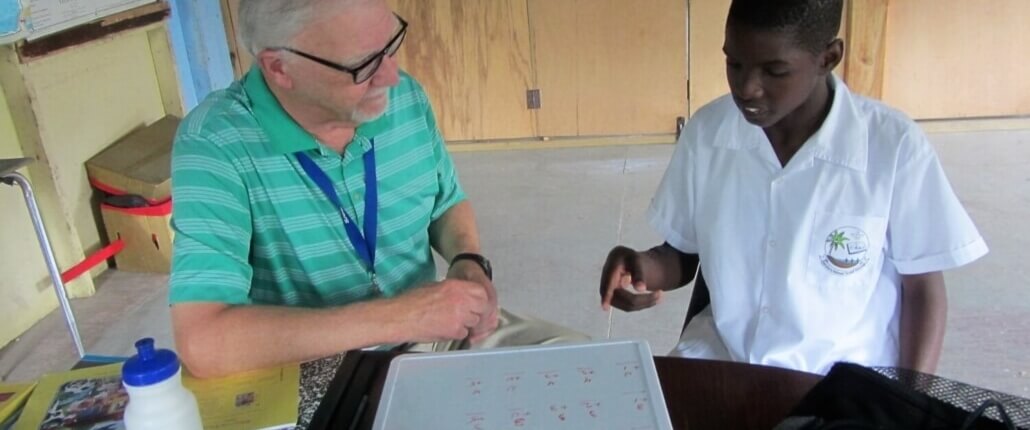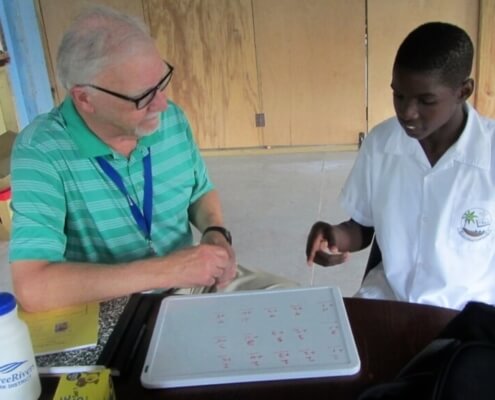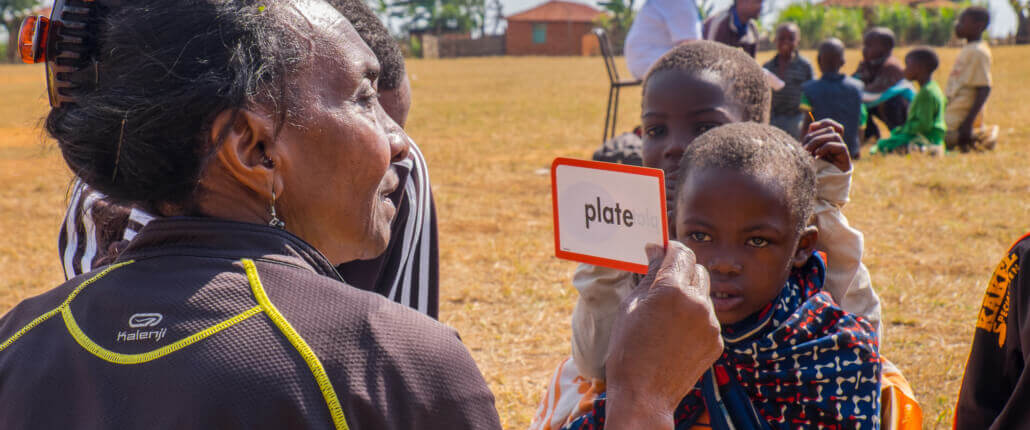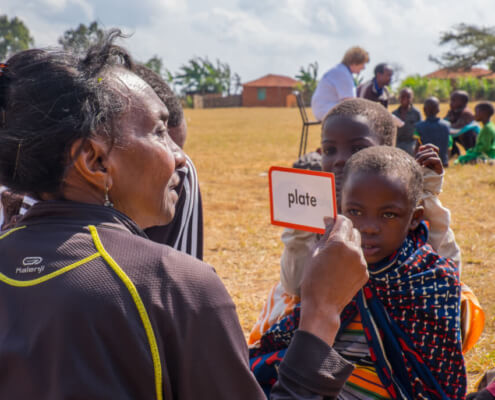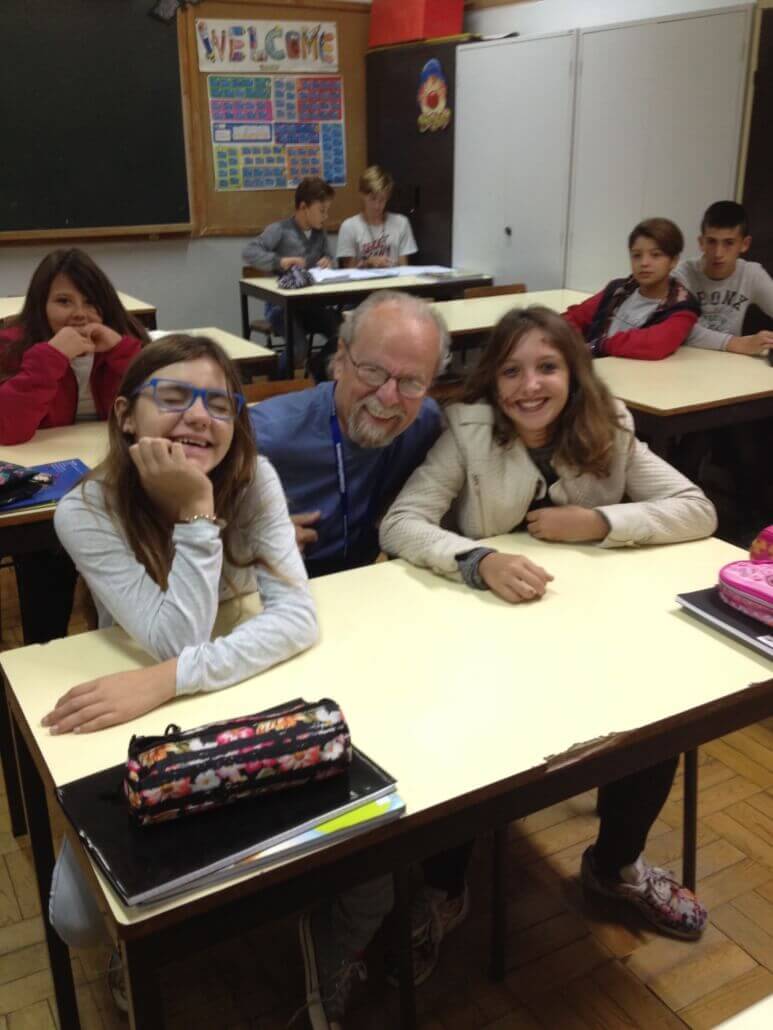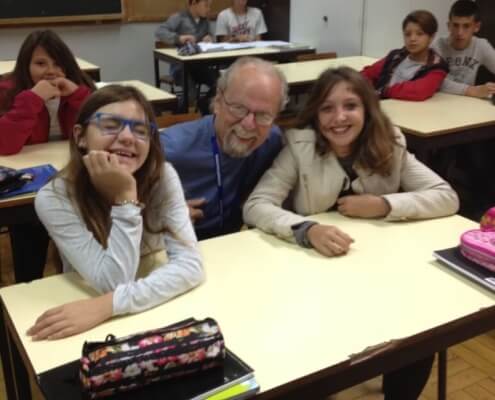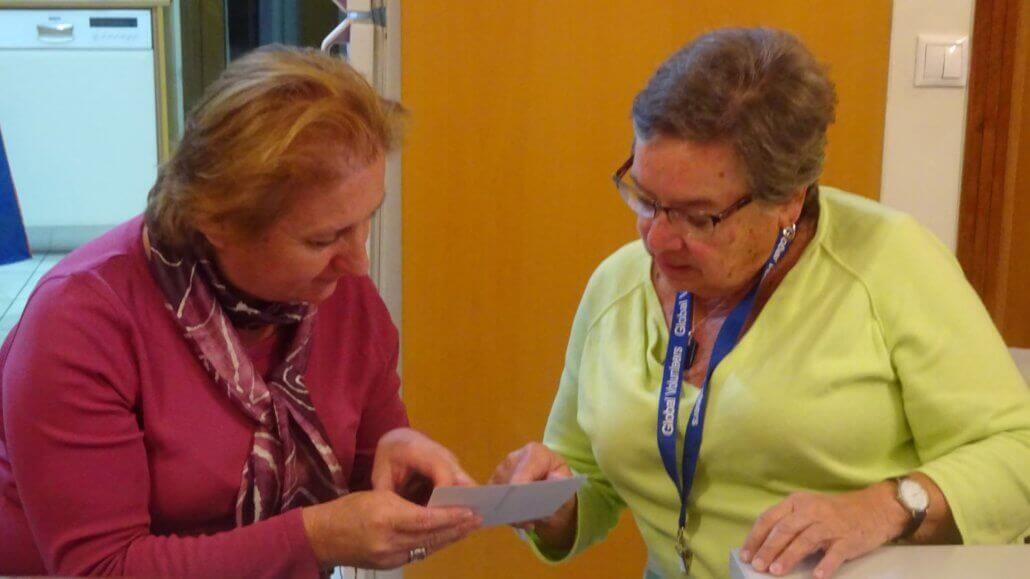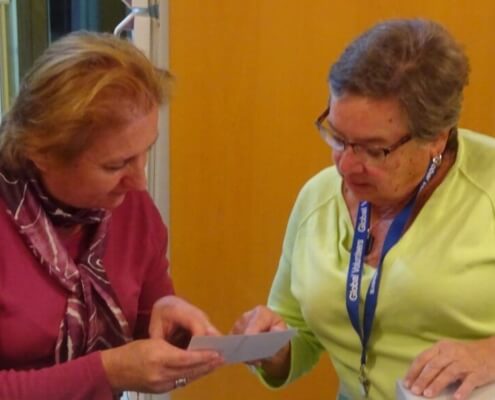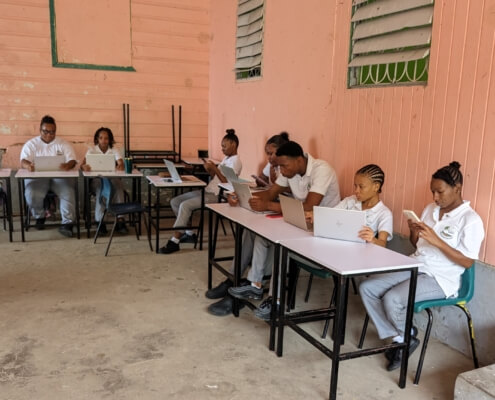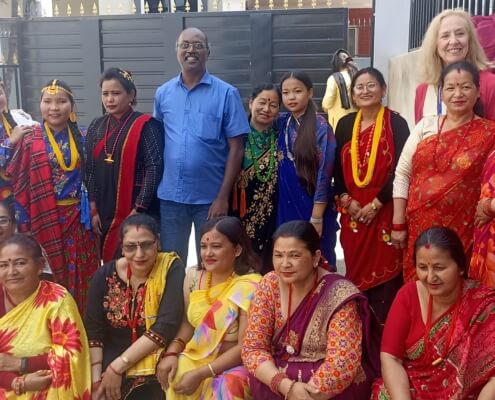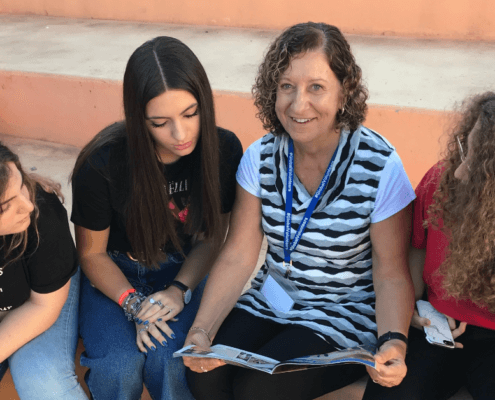While children learn in different ways, and at different speeds, not all classrooms are equipped to accommodate all students’ learning styles. Global Volunteers teams help teachers by serving as classroom resources to observe and intervene when students struggle with lessons and concepts, to provide enrichment for gifted learners, to re-direct students’ attention when warranted, and to provide individual or small-group tutoring during or after school hours.
Students may fall behind their peers, despite a lot of effort, because of learning or behavioral disorders, inability to focus in a classroom setting, or pressures from family responsibilities, such as farming, childcare or housework. Many schools where we work don’t have special education resources, so students who don’t grasp the standard curricula or who face competing activities can easily and quickly lose ground in their education.
Volunteers can provide remedial lessons for students who struggle, and nurture their creative expression in unstructured school environments. You may serve as:
- homework helper – providing assistance through quizzes, lesson reviews
- tutor – helping with supplemental lessons assigned by teachers
- mentor and guide – providing structure and support to distracted students; demonstrating positive classroom discipline
- teacher’s assistant – offering additional explanation and practice through personal examples or experience
- friend and advocate – reading aloud, dissecting assignments, helping build students’ confidence







